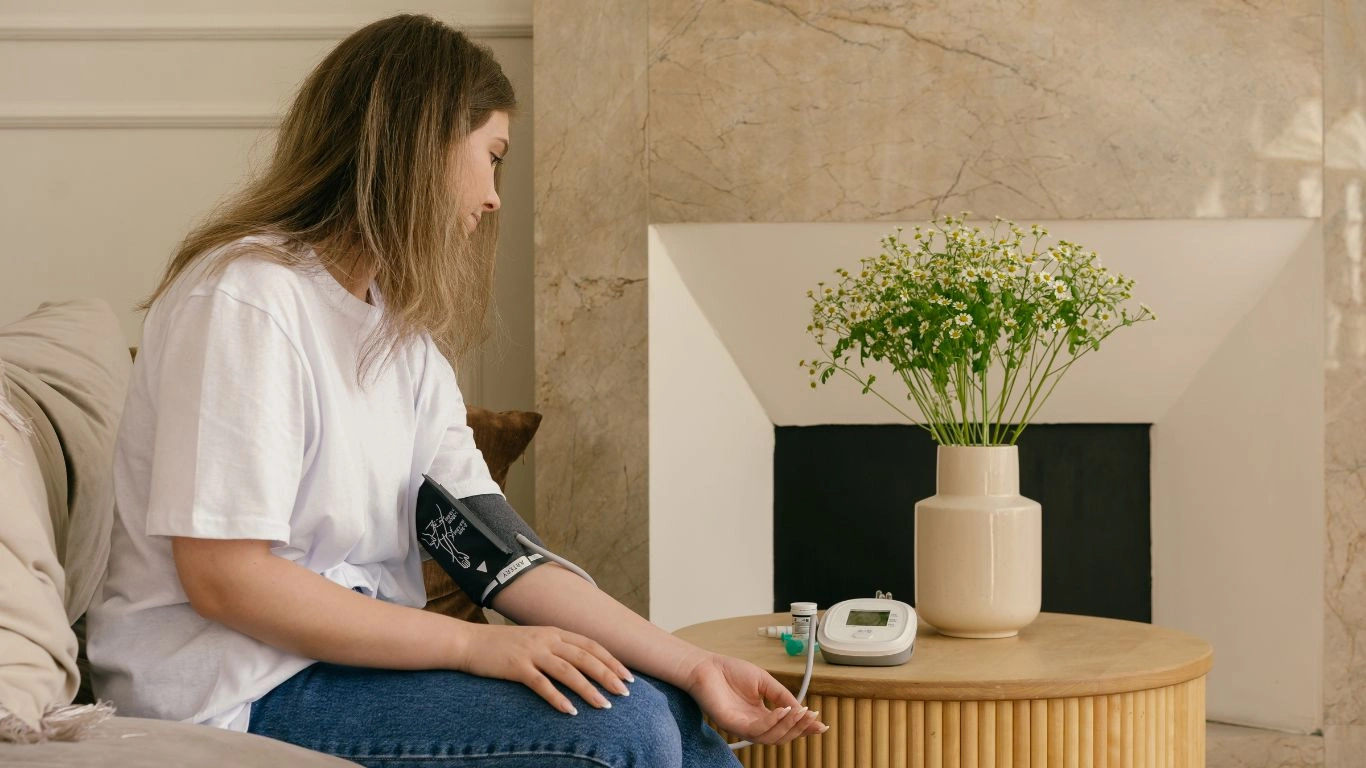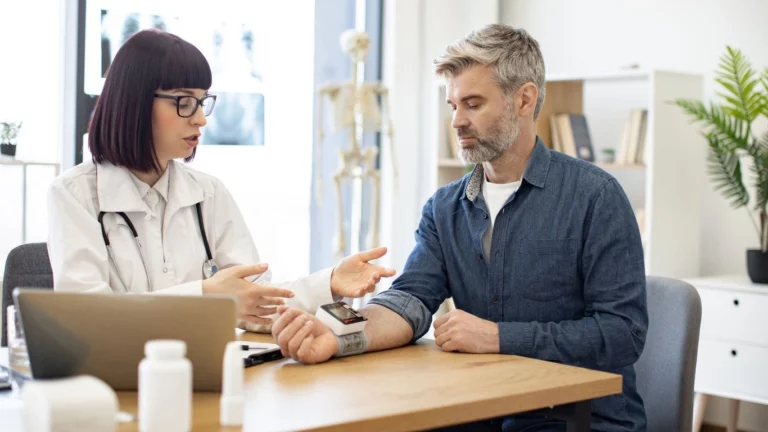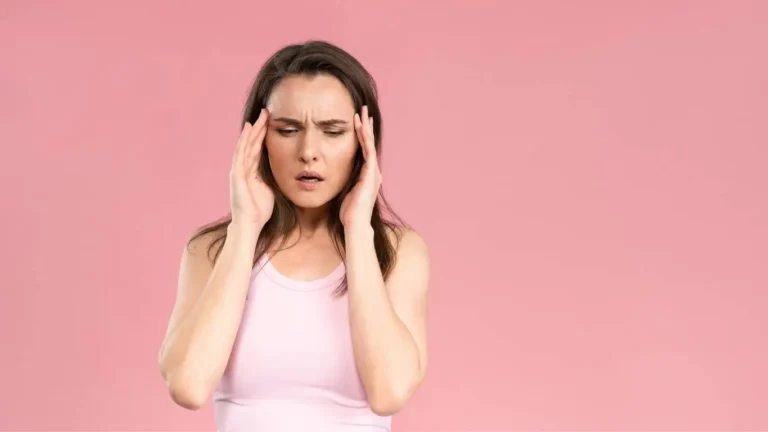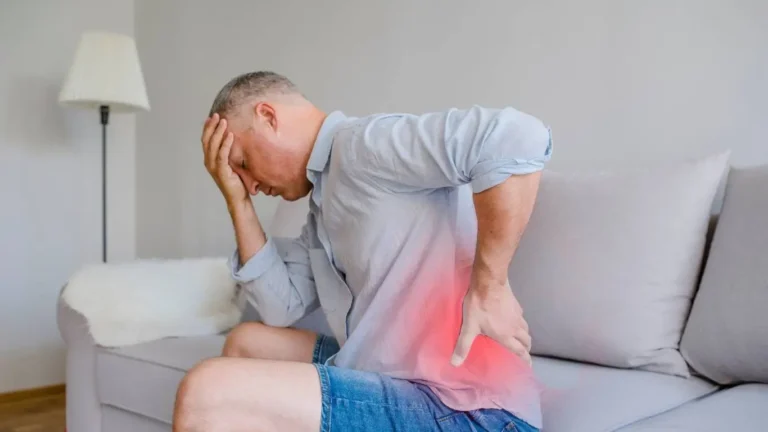Dangerous Signs: High BP and Dizziness While Driving Explained
Ever found yourself behind the wheel, radio humming, halfway through your commute—then suddenly, a wave of dizziness hits you out of nowhere? It’s unsettling. As an internal medicine physician, I’ve had countless patients describe this exact scenario. What many don’t realize is that high BP and dizziness while driving can be more than just a fluke. It’s a red flag we shouldn’t ignore—and trust me, you’re not alone if this has happened to you.
What’s Going On When Your Blood Pressure Spikes Behind the Wheel?

Let’s break this down, because it’s not just about numbers on a cuff. When your blood pressure rises—especially without warning—it can mess with your body’s ability to regulate blood flow to your brain. That lightheaded, swimmy feeling? That’s your body trying to tell you something’s off.
Now, high blood pressure, or hypertension, isn’t always loud and obvious. In fact, most of the time it’s pretty quiet—until it’s not. I had a patient, mid-50s, successful business owner, who insisted he was fine… until he nearly ran a red light after getting woozy on a highway off-ramp. Turned out his systolic BP was regularly hovering over 160. Yikes.
So, Why Does It Hit While You’re Driving?
Driving isn’t exactly a low-stress activity. We’re talking:
- Sudden traffic jams
- High-stakes decision making (merging, braking, reacting fast)
- Caffeine-fueled morning rushes
All these little stressors can act like kindling on a fire if you’re already prone to hypertension. The sympathetic nervous system kicks in—fight or flight—and your blood pressure spikes. The result? That awful dizzy spell or blurred vision right when you need to be laser-focused.
Could It Be Something Else? Ruling Out Other Causes of Dizziness
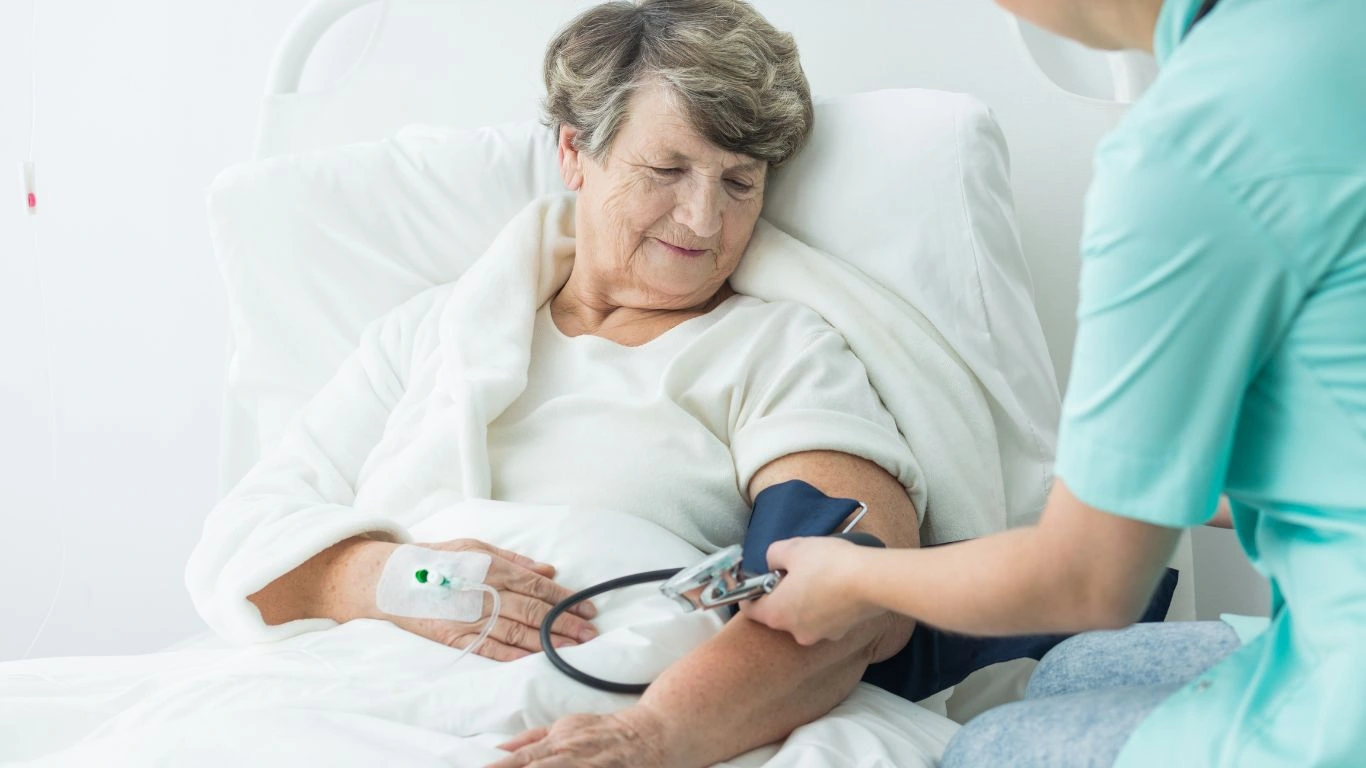
Here’s the tricky part. Dizziness doesn’t always mean high blood pressure. Sometimes it’s:
- Low blood pressure (hypotension) – especially if you’re overmedicated
- Inner ear problems – like BPPV or vestibular neuritis
- Low blood sugar – skipped breakfast, anyone?
- Heart rhythm issues – like arrhythmias or bradycardia
This is why I always tell my patients: don’t self-diagnose based on a quick Google search. (Irony noted, considering you’re reading this—but hey, informed is better than unaware.) You need real data: BP logs, labs, maybe even a Holter monitor or tilt table test, depending on what your symptoms point to.
When It’s Actually Your High BP Talking
If you’re dealing with uncontrolled hypertension, here are some signs that dizziness is directly linked:
- You feel pressure in your head or neck before the dizziness kicks in
- Your BP spikes over 140/90 consistently—even at rest
- Dizziness happens during stressful or active moments (not just randomly)
One of my patients used a home monitor and noticed their BP would climb to 180/100 during stressful drives—but dipped back to 130s after pulling over. That pattern? Classic stress-induced hypertension. We adjusted his meds and added a beta-blocker—plus some deep breathing and stress techniques—and the dizzy spells all but disappeared.
How to Know When It’s Dangerous
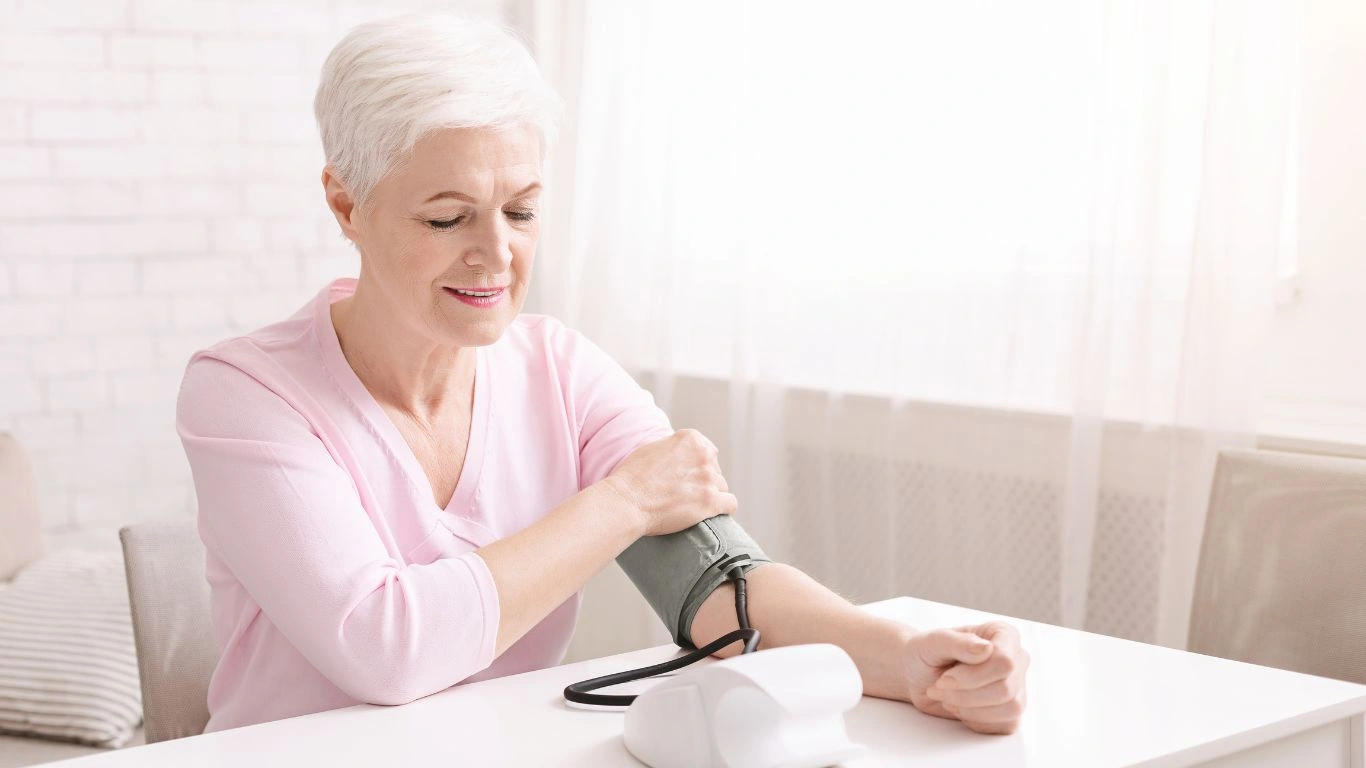
Let’s be real—feeling dizzy at the wheel isn’t just uncomfortable, it’s potentially lethal. If it happens regularly, you’ve got to take it seriously. Here’s when it’s time to hit pause and call your doc (or the ER):
- You’re having chest pain or shortness of breath along with dizziness
- Your vision blurs or you see spots
- You lose consciousness—even briefly
- You’re already diagnosed with hypertension and not on meds (or not taking them)
I can’t count how many folks tell me, “I thought it was just stress”… until they end up in the ER. Your body whispers before it screams, and dizziness is often one of those whispers.
What You Can Do When High BP and Dizziness While Driving Becomes a Pattern
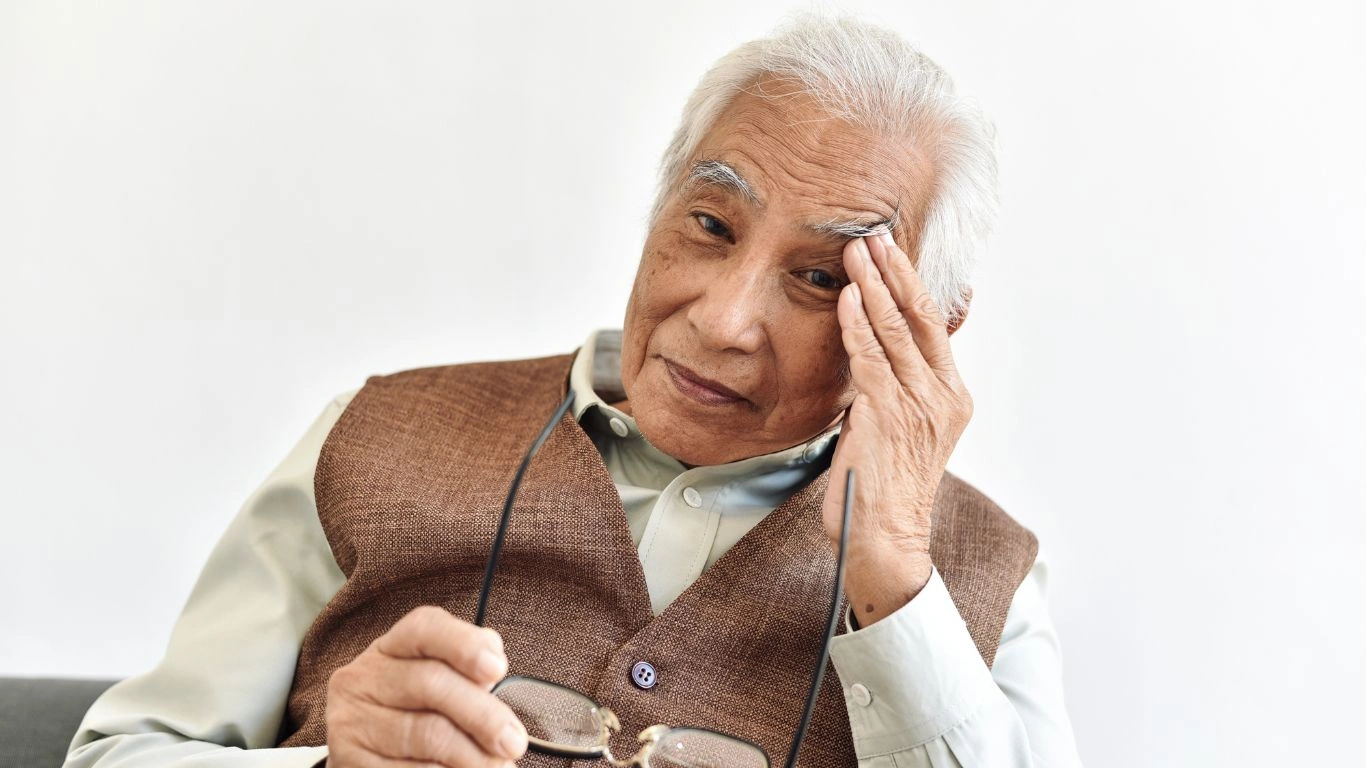
If you’re starting to notice a pattern—dizzy spells, lightheadedness, maybe even a little nausea while driving—don’t shrug it off. It’s your body’s way of waving a red flag. I always tell my patients: when something feels off consistently, it’s not just stress or fatigue. It’s a clue.
Now, first things first: if you haven’t already invested in a home blood pressure monitor, do it. I’m a big fan of patients bringing me their readings on paper, on apps, even sticky notes—I’ve seen it all. The goal is to know your numbers in real-life moments, not just the 10 minutes in my office when you’re half-relaxed and chatting about grandkids or golf.
When and How to Check Your BP at Home
- First thing in the morning, before your coffee or meds
- Right before driving, especially if you’ve been feeling symptoms
- After a dizzy spell, to catch the spike or drop
Make sure you’re seated, feet flat, back supported, and not multitasking. No texting, no sipping espresso—just breathe and measure. Simple, right?
Let’s Talk Medication: Are You on the Right One?
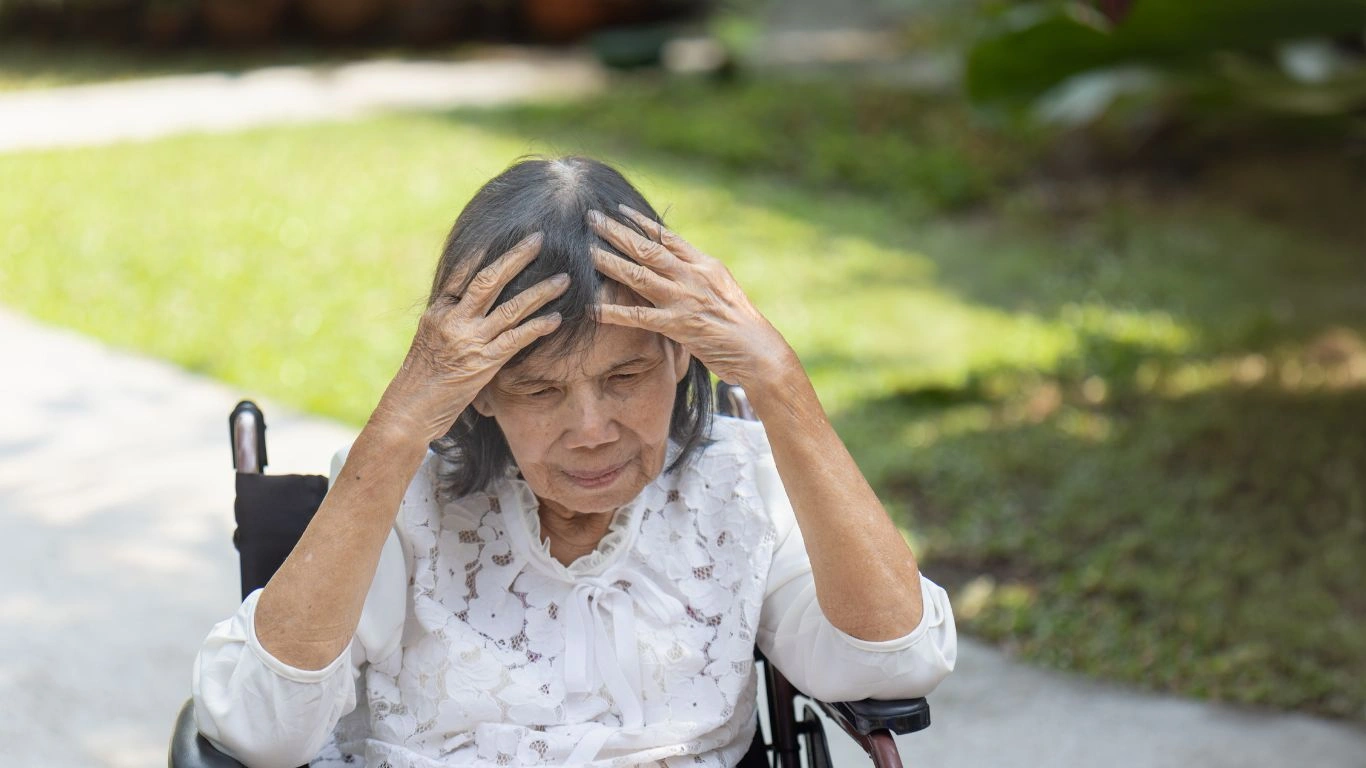
This is where it gets a little technical, but bear with me. Not all BP meds are created equal—some might be great for managing your overall pressure, but terrible if they’re overcorrecting and causing lows when you’re stressed or active (like… behind the wheel).
I had a patient once—early 60s, used to ride motorcycles and never missed a golf game. He was taking two medications that were perfect *on paper*. But he was getting lightheaded every afternoon during his drive home from work. After some digging and tweaking his schedule (and meds), we realized he needed a lower mid-day dose and better hydration. Problem solved. No more scary drive-home episodes.
Medications That Might Be Worth Revisiting with Your Doctor
- Beta-blockers – helpful for stress-related spikes, but can drop BP too much if not balanced right
- Diuretics – great for fluid control but may lead to dehydration, especially if you’re not drinking enough
- Calcium channel blockers – usually well-tolerated, but watch for swelling or dizziness as side effects
The key here? Individualization. Your BP meds shouldn’t be “one-size-fits-all.” If you’re experiencing dizziness regularly—especially while driving—it’s time to loop in your doc for a closer look.
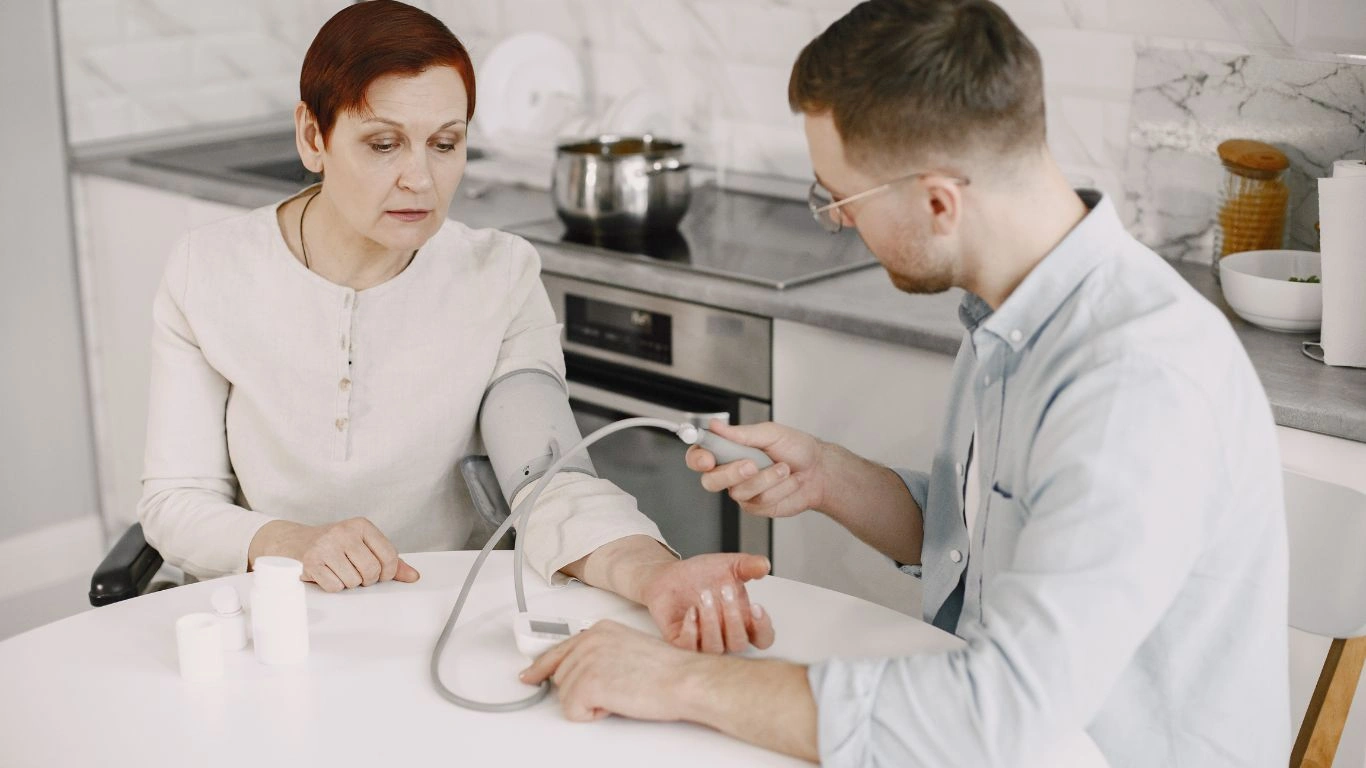
I get it—life doesn’t stop just because your BP isn’t playing nice. You’ve got errands, meetings, school drop-offs. But safety’s non-negotiable. Here’s a quick checklist I give my own patients who deal with high BP and dizziness while driving:
- Always keep water in the car – even mild dehydration can mess with BP control
- Pull over at the first sign of dizziness – seriously, no powering through
- Don’t skip meals – low blood sugar can mimic or worsen high BP symptoms
- Avoid caffeine overload – one cup is fine, four might not be
- Practice breathing exercises at stoplights – deep inhale, hold, slow exhale (it works!)
And if you’re tracking patterns—like your dizziness always happens mid-commute or right after a stressful meeting—jot that down. Patterns tell us more than isolated events ever could.
Consider a Driving Buddy
It sounds basic, but I’ve recommended this to patients more than once. If you’re still trying to get your BP stabilized, ride with someone else when you can. Spouse, friend, grown kid, even a rideshare for a few weeks. It’s a short-term trade-off for long-term safety.
One of my patients (she’s a retired teacher, super active, still volunteers at the library) had a dizzy spell pulling out of her driveway. That scared her enough to start carpooling until her BP got under control. Smart move. By the time we had her on a new med plan and her numbers stabilized, she felt confident—and safe—driving solo again.
How Stress Management Can Change the Game

Okay, let’s not overlook the big elephant in the room: stress. It’s one of the biggest drivers of BP spikes and—yep—dizziness. Whether it’s work stress, family drama, or even the low-level tension of a long commute, it adds up.
I’ve seen incredible results in patients who leaned into mindfulness, even just 5–10 minutes a day. Apps, breathing exercises, guided meditations—whatever works for you. Not every solution comes in a pill bottle.
And for the record, yoga? Works wonders. I’ve got more than one patient in their 70s who swear by it. If yoga’s not your thing, a walk, journaling, or even singing in the car (yes, seriously) can help switch gears out of stress mode.
Building Long-Term Control Over High BP and Dizziness While Driving
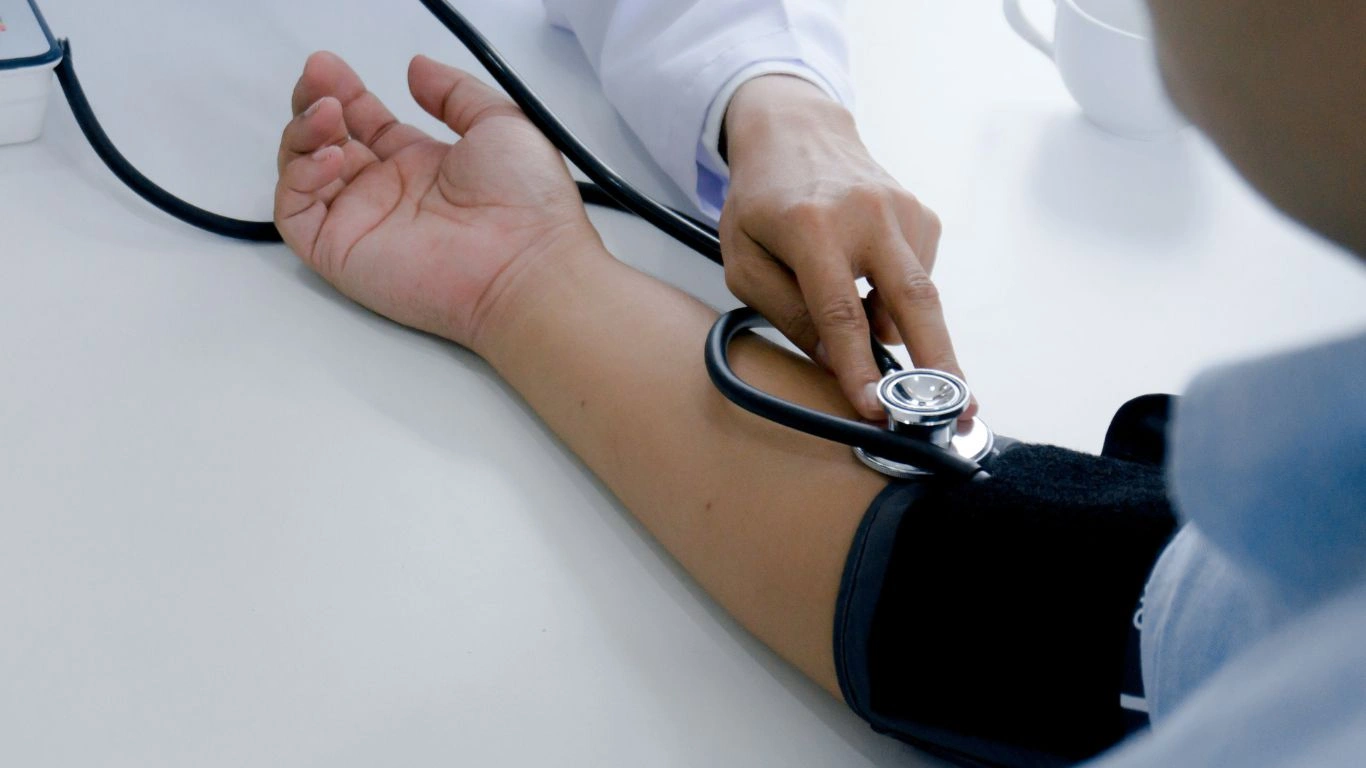
So, you’ve tracked your numbers, talked to your doc, tweaked your meds, maybe even swapped your afternoon coffee for herbal tea (bravo!). What now? The real magic—and I’ve seen this again and again—is in consistency. Long-term BP control doesn’t happen in the pharmacy aisle alone. It’s a lifestyle shift, and yeah, I know that term gets thrown around a lot, but hear me out.
I once worked with a retired nurse—sharp as a tack—who dealt with high BP and dizziness while driving every time she had to head across town in heavy traffic. We sat down, reviewed her triggers, and together we built a practical plan: morning walks, hydration reminders, a stress journal, and we even updated her playlist to calming classical instead of the usual talk radio chaos. Guess what? Her BP readings dropped 15 points on average in two months. That’s the power of tiny changes stacking up.
What I Recommend to My Own Patients (and Practice Myself)
- Stick to a DASH-inspired diet – heavy on the veggies, low on salt, easy on processed stuff
- Walk daily – not power walks unless you want to, just regular movement (even laps around the house count!)
- Hydrate with intention – especially in hot weather or if you’re on diuretics
- Sleep matters – seriously, 6 hours is not enough; your body does repair work at night
- Limit alcohol – that nightly glass of wine can sneak up on your pressure
And don’t underestimate social support. Join a blood pressure support group, even an online one. I’ve had patients build real accountability with complete strangers in hypertension Facebook groups or wellness forums. Sometimes just knowing you’re not alone makes it easier to stay on track.
Safe Driving: Reclaiming Confidence Behind the Wheel
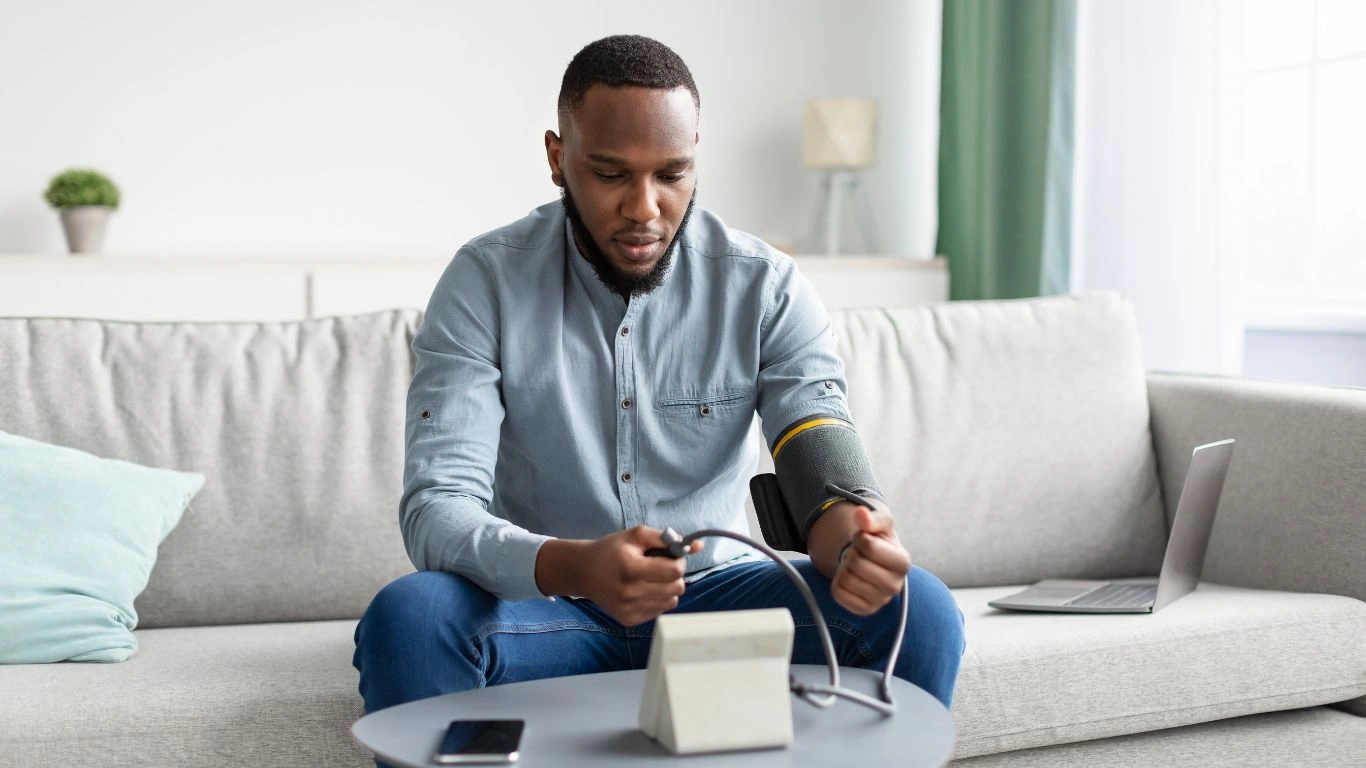
Getting your BP under control is one thing. Trusting yourself again on the road? That’s another hurdle—and a totally valid one. If you’ve had even one scary dizzy spell while driving, it can shake your confidence hard.
Here’s how I coach my patients through that fear, step by step:
- Short, low-traffic drives first – 10-minute neighborhood loops, not the freeway
- Drive during your “best” BP time – usually mid-morning for many folks
- Bring a buddy – having someone in the passenger seat can ease anxiety
- Keep water and snacks handy – especially if dizziness is tied to dehydration or glucose dips
- Practice calming techniques before turning the key – box breathing, soft music, whatever grounds you
Remember, this isn’t about pushing through fear—it’s about rebuilding trust with your body. One of my patients would sit in the parked car for five minutes doing breathwork before backing out. It became her little ritual, and it worked.
Knowing When to Get Help—And Not Ignoring It
If you’ve made adjustments and the dizziness keeps showing up, it’s time to escalate. I’ve referred patients for everything from ENT evaluations to neurology consults to cardiac workups. Sometimes, dizziness isn’t just about BP—it might be inner ear, heart rhythm, or even medication side effects.
Here’s when to push for more answers:
- Dizzy spells last more than a few minutes
- You’ve fainted or come close, even once
- Your BP is erratic despite good habits
- You’re on multiple medications with no recent review
Don’t tough it out. You’re not “being dramatic”—you’re being smart. If your car needed a diagnostic, you’d take it in, right? Same logic applies.
References
- Centers for Disease Control and Prevention (CDC)
- American Heart Association
- National Heart, Lung, and Blood Institute
- Mayo Clinic
Disclaimer
This article is for informational and educational purposes only. It is not a substitute for professional medical advice, diagnosis, or treatment. Always consult your healthcare provider regarding any medical concerns or before making changes to your medication or lifestyle, especially if you’re experiencing symptoms like dizziness or high blood pressure while driving.

Dr. Gwenna Aazee is a board-certified Internal Medicine Physician with a special focus on hypertension management, chronic disease prevention, and patient education. With years of experience in both clinical practice and medical writing, she’s passionate about turning evidence-based medicine into accessible, actionable advice. Through her work at Healthusias.com, Dr. Aazee empowers readers to take charge of their health with confidence and clarity. Off the clock, she enjoys deep dives into nutrition research, long walks with her rescue pup, and simplifying medical jargon one article at a time.

